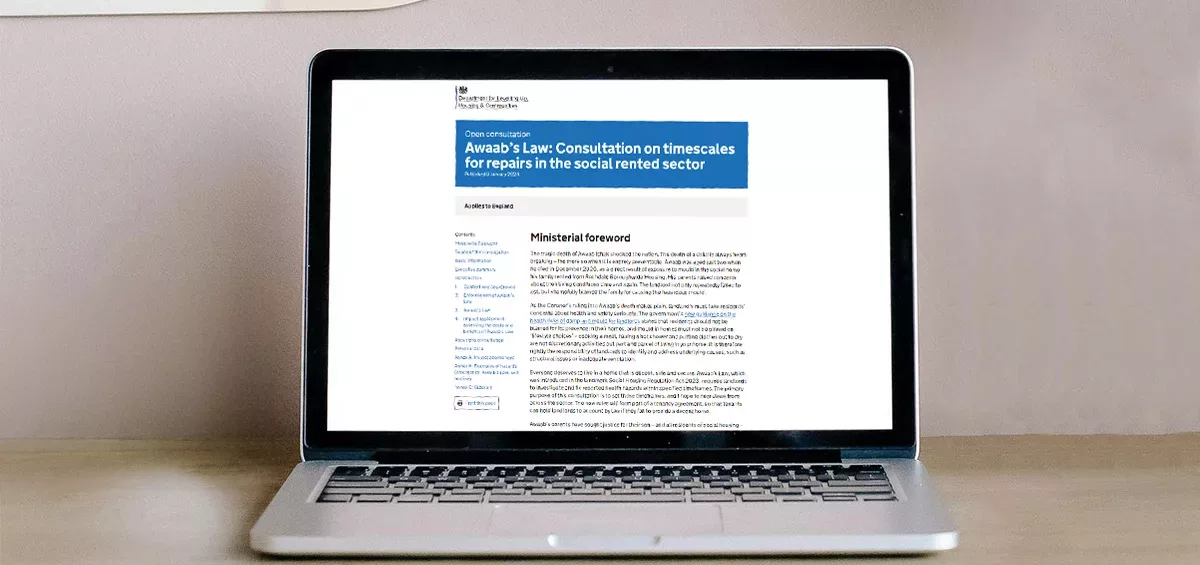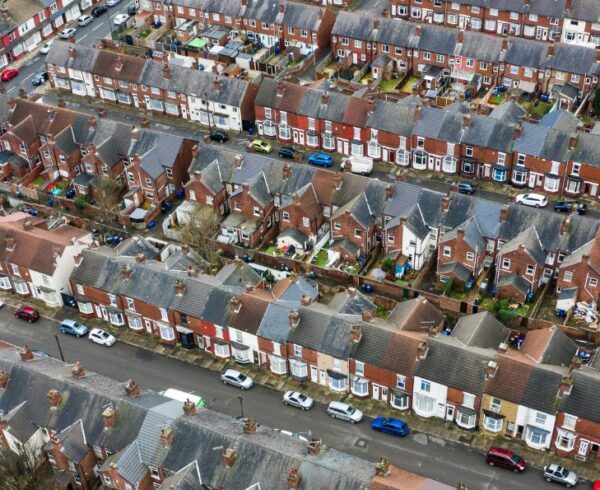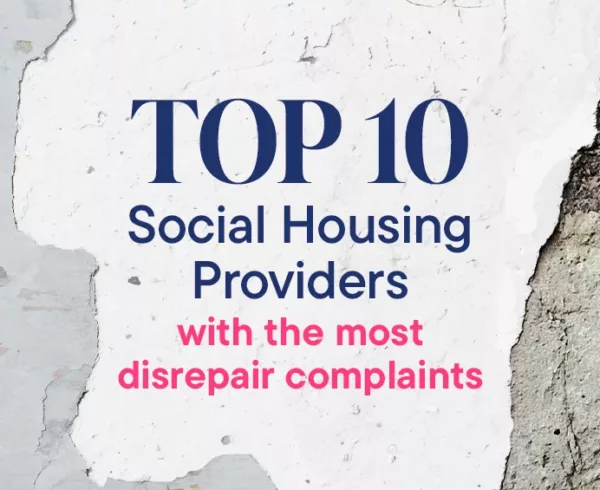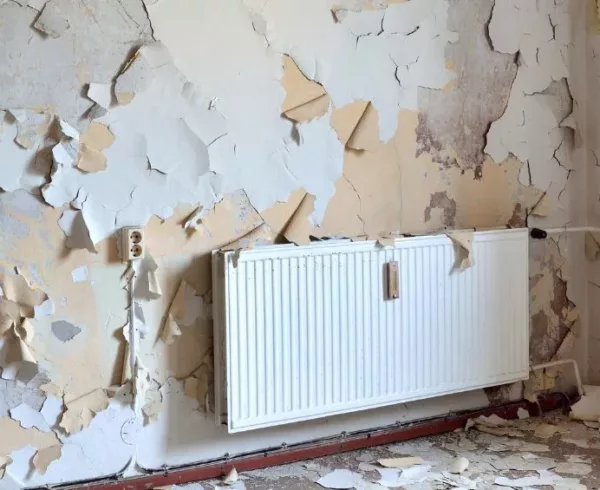Following the heart-breaking death of two-year-old Awaab Ishak, the UK government introduced plans for major changes to the law to protect tenants. Currently, it can take months if not years for social housing landlords to make essential repairs. Awaab’s Law aims to improve this.
In the case of young Awaab, this lack of action tragically led to the two-year-old’s death. The coroner’s report deemed that young Awaab “died as a result of a severe respiratory condition due to prolonged exposure to mould in his home environment.”
Rochdale Boroughwide Housing (RBH) provided the 1-bedroom flat to Awaab’s family but repeatedly failed to ensure the home was safe for habitation. Despite many requests for repairs, RBH failed to act, leaving the family to suffer from growing levels of damp and mould.
Awaab’s Law was introduced in the Social Housing Regulation Act 2023, with the eight-week consultation concluding in early March 2024. The update requires landlords to make necessary repairs promptly. It gives greater powers to the Housing Ombudsman to better regulate the standard of social housing providers.
About the Awaab’s Law consultation
The government is actively seeking input and feedback on the following proposals aimed at improving living conditions for tenants in social housing.
When a social housing provider becomes aware of a potential hazard they must investigate within 14 calendar days. During this time the provider must give a summary of findings to the tenant.
This summary should list any dangers found and explain what will happen next, along with completion dates for the required works.
If the investigation finds the hazard poses a significant risk to the tenant, repair work must begin within 7 calendar days.
The social housing provider must complete repair works to a sufficient level within a reasonable period of time.
Emergency repairs must be completed within 24 hours.
If the tenant is at serious or imminent risk of harm and the property cannot be made safe, suitable accommodation must be provided.
The housing provider must maintain clear records of all attempts to comply with these proposals. This should include any correspondence with the tenants and contractors.
If the housing provider cannot comply with the proposed timescales for any legitimate reason, they must document these reasons.
This consultation aims to gather perspectives from various stakeholders, including tenants, landlords and housing experts. It represents a crucial step toward ensuring social housing meets the necessary standards and safeguards the well-being of tenants.
Awaab’s Law pushback from landlords
While the changes are evidently needed, some believe that it will mean additional costs for housing providers.
In a trading statement by Platform Housing Group, CEO, Elizabeth Froude stated: “The introduction of Awaab’s Law is anticipated to add further costs as the current scope in consultation is much wider than damp and mould and will potentially add further operational costs to our business.”
Later in the statement, Ms Froude, continued: “We continue to balance doing the right thing for our residents and working hard to deliver a degree of solid financial performance in a complex environment, and are proud that we remain the good organisation our stakeholders have invested in.”
The same document later highlights that the turnover of Platform Housing Group increased to £249.9 million in 2023. This was primarily as “a result of inflationary rental increases and a year-on-year increase in social housing units.”
Putting people before profits
In response, John Lowry, Director and Head of Housing at CEL Solicitors states: “Social housing providers have a duty of care to make sure their tenants are able to live in suitable accommodation without risk of illness or death.
“In the tragic case of young Awaab Ishak, the housing provider decided to ignore the many requests for repairs until it was too late. The new guidelines set out in Awaab’s Law give greater power to hold social housing landlords to account.
“It makes sense that this will have an impact on the profitability of housing providers, but it will also ensure that tenants are able to live in safe properties rather than risk damage to their health just to save money for investors.
“People Before Profits is a key value at CEL Solicitors and it is one that many housing providers could take to heart.”
Has your social housing landlord ignored your requests for repairs?
If you are living in poor conditions and your landlord has failed to provide you with a decent home, start your no-win, no-fee claim today. Call 0808 273 0900 or enquire online.
The CEL Solicitors housing disrepair team has seen first-hand the effects of poor-quality housing and the lack of urgency to make needed repairs. Data obtained in a Freedom of Information request to the Housing Ombudsman showed that the number of disrepair complaints each year is only getting worse, not better. The social housing providers with the highest number of disrepair complaints have remained fairly consistent year on year, across both local authorities and housing associations.













